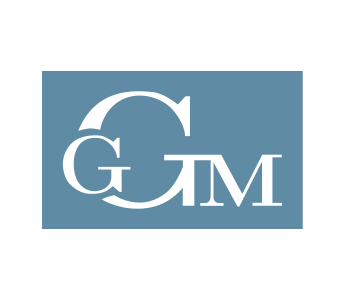Corporate Transparency Act Update
The Corporate Transparency Act (“CTA”) has been challenged in federal court. The U.S. District Court for the Northern District of Alabama ruled in National Small Business United et al. v. Janet Yellen et al. that the CTA is an unconstitutional act of Congress.
This ruling is very narrow, applying only to the plaintiffs in the case. The Justice Department, on behalf of the U.S. Treasury Department, filed a notice of appeal of the ruling on March 11, 2024.
In addition to that case, a group of plaintiffs lead by the Small Business Association of Michigan filed a lawsuit in the U.S. District Court for the Western District of Michigan on March 26, 2024, challenging the constitutionality of the CTA.
The U.S. Treasury Department through its criminal enforcement arm, the Financial Crimes Enforcement Network (“FinCEN”) has issued the following guidance in response to the ruling and ongoing case:
- FinCEN is complying with the court’s order and is not enforcing the CTA against the following plaintiffs:
-
- Isaac Winkles
- Reporting companies for which Isaac Winkles is the beneficial owner or applicant
- The National Small Business Association
- Members of the National Small Business Association as of March 1, 2024
- FinCEN will continue to enforce the CTA as written against all other companies required to report.
We have outlined the requirements of the CTA in a prior blog here:
https://ggtmlaw.com/business-law/client-alert-corporate-transparency-act/
We will continue to monitor the case and its appeals and update any changes to the CTA reporting requirements that result.
With FinCEN’s stated intention to continue to enforce the CTA against companies not involved in National Small Business United et al. v. Janet Yellen et al., companies formed in 2024 should comply with the reporting requirements, as well as companies that have previously filed and require an update. Companies formed prior to January 1, 2024, may elect to wait for further guidance before filing, as they are not required to do so before the end of the year.
As always, our team of business attorneys are available for a consultation to discuss the CTA and its reporting requirements.
News and blog articles presented in this website are distributed for general information purposes only with the understanding that the author, publisher and distributor of articles is not rendering legal, accounting, or other professional advice or opinions on specific facts or matters and, accordingly, GGTM assumes no liability whatsoever in connection with the use of any article. Pursuant to applicable rules of professional conduct, this communication may constitute Attorney Advertising.

